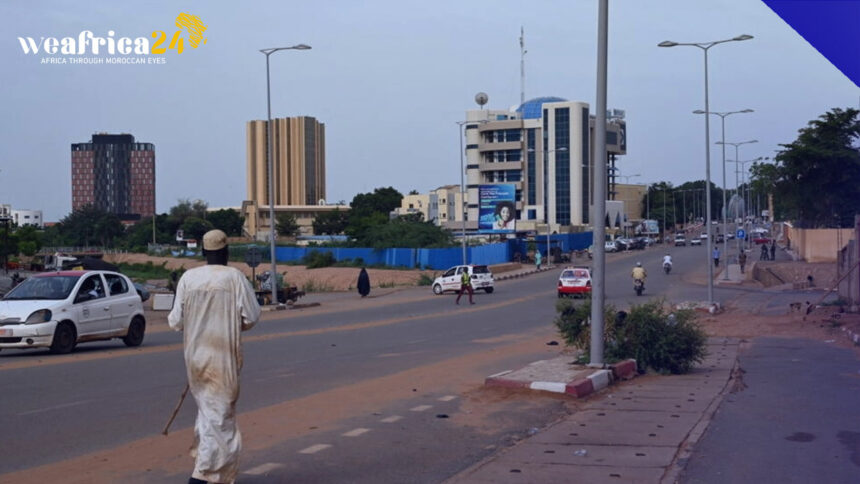Mali, Burkina Faso, and Niger have announced their decision to exit the Economic Community of West African States (Ecowas), a regional bloc that has played a crucial role in fostering unity and cooperation among its 15 member countries. Termed as the ‘coup belt,’ the three nations cited frustration with Ecowas sanctions, including trade restrictions, frozen assets, and a communication blockade, as the primary reasons for their departure.
The African Union (AU) Commission has expressed concerns over the potential impact of this exit on the “irreplaceable unity” of Ecowas and called for intensified dialogue between regional leaders. The AU’s plea for a resolution underscores the complexity of the situation and the need for a diplomatic approach.
Experts view this exit as a manifestation of Ecowas’ vulnerabilities, exposing gaps in addressing member concerns. On the flip side, it signals the willingness of Mali, Burkina Faso, and Niger to forgo privileges within Ecowas in pursuit of greater independence.
The decision has not been without criticism, both regionally and internationally. The United States labeled it as self-defeating, emphasizing Ecowas’ historical role in resolving conflicts and fostering economic ties. US Envoy to the United Nations, Linda Thomas-Greenfield, expressed concern over the isolation of these nations from their neighbors and democratic communities in the region.
Tolu Ogunlesi, a West African political analyst, highlighted the potential pitfalls of the exit for the three countries. Losing access to the Ecowas passport regime, which enables visa-free travel and free movement within the bloc, could be a significant drawback. Ogunlesi suggested that the departure might be a strategic move to forge stronger ties with North African countries like Libya, Algeria, and Morocco.
While Ecowas claims it has not received formal notice of the exit, the process requires a one-year period for formal relief of membership. In the short term, the withdrawal could be economically detrimental for Niger, Mali, and Burkina Faso, disrupting trade, services, and regional cooperation.
The decision also marks a departure from almost five decades of sub-regional integration and collaboration, potentially affecting millions of citizens. Observers note that Nigeria, a key player in Ecowas, may reconsider its commitment to collective security and political stability in the region.
As regional dynamics shift, concerns about major disruptions at the bloc level emerge. However, the survival of these countries may hinge on individual relationships they maintain with neighboring nations. The Northwest and some Northeastern states of Nigeria, for instance, share cultural, economic, and political ties with Niger, underscoring the interconnectedness of the region.
The situation remains fluid, and the outcome will depend on diplomatic efforts, regional engagements, and the willingness of all parties to find a common ground. The AU’s call for dialogue and intervention reflects the urgency of resolving the crisis and preserving the unity of Ecowas. As tensions escalate, the international community closely watches the unfolding developments and hopes for a diplomatic resolution to this unexpected regional exit.







